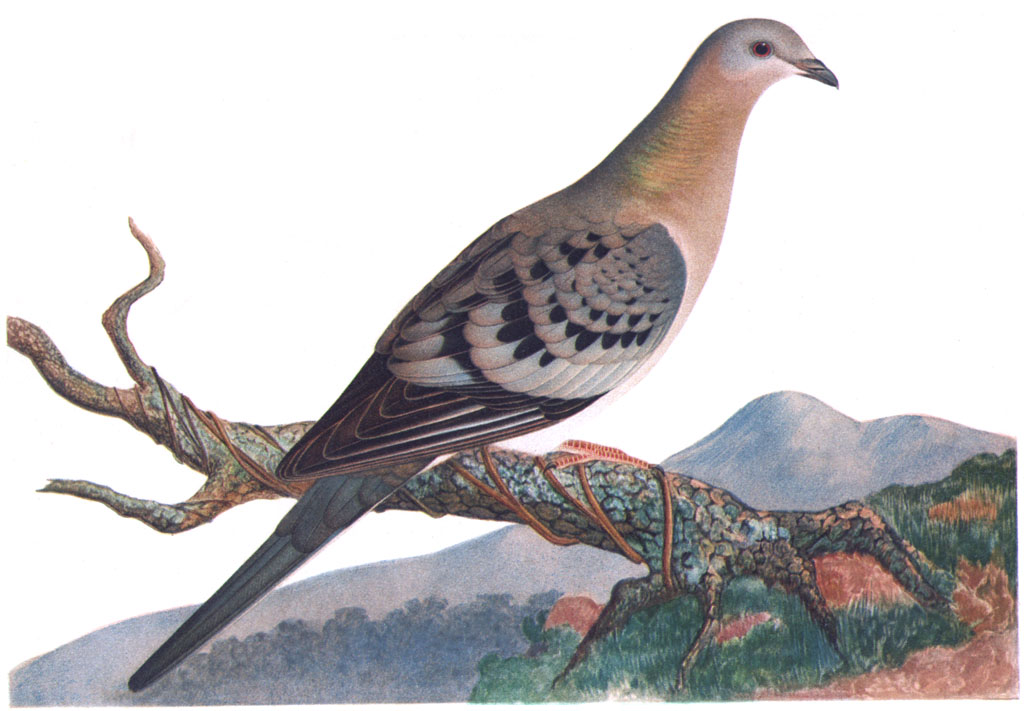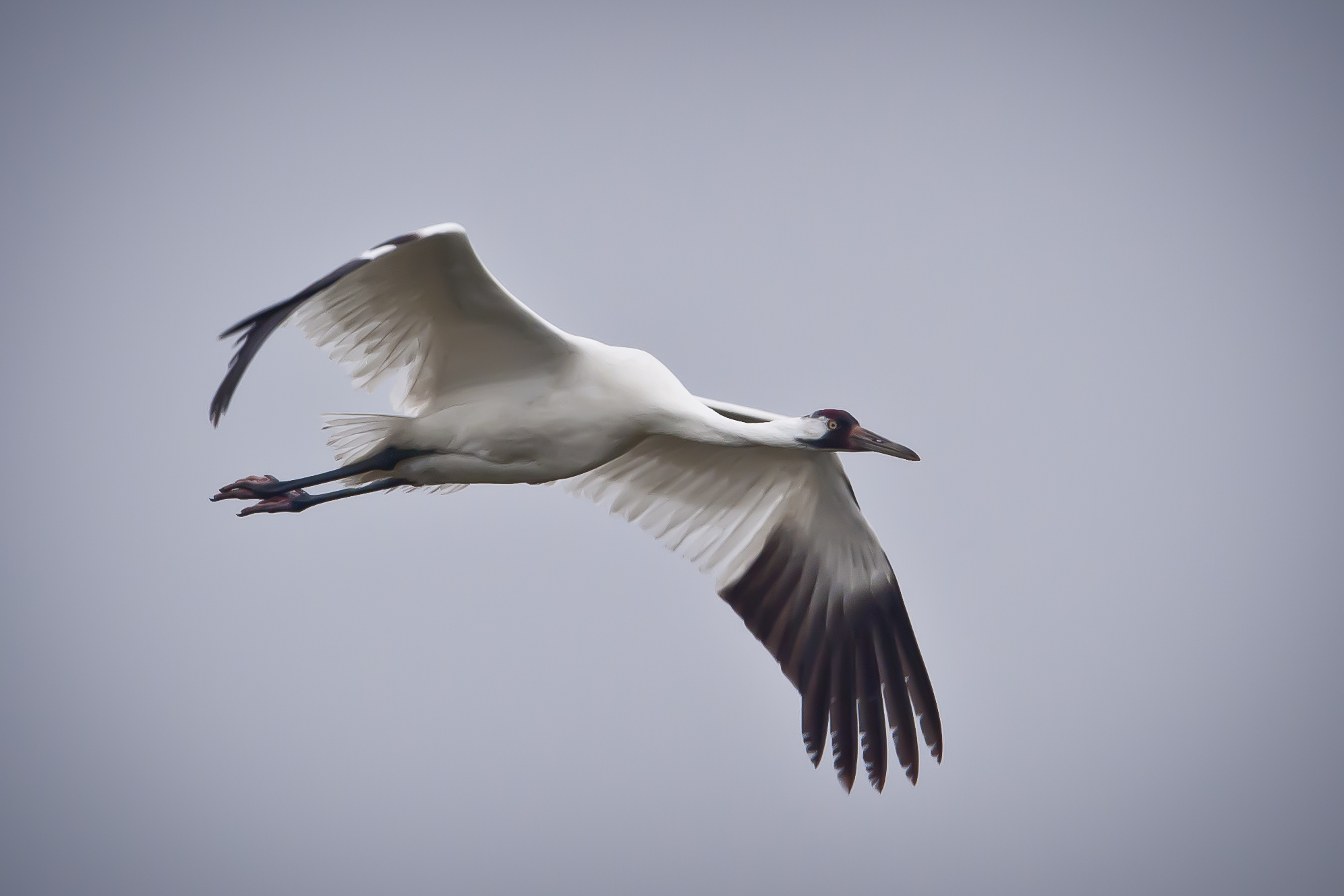The Passenger Pigeon use to number in the billions before going extinct due to overhunting.
Credit: Hayashi and Toda (artists) via Wikimedia Commons
The Migratory Bird Treaty Act of 1918 (MBTA) is one of the oldest environmental laws we have here in the United States. Originally created in the wake of the extinction and near extinction of notable bird species due to overhunting—often for the sale of feathers but in some cases, as with the Passenger Pigeon and Eskimo Curlew, due to unsustainable market hunting—it has since been used to hold individuals accountable for deliberately killing birds and, in some cases, hold companies responsible for the loss of birds from industrial projects, contamination, or particularly hazardous activities.
It has been around for so long and fits so perfectly with common sense that it’s possible we have since taken the security of this law for granted. The folks over at Audubon are making the case that perhaps we shouldn’t.
Just a few weeks ago Representative Jeff Duncan (R-SC) slipped an amendment into a routine appropriations bill which was subsequently passed by the House of Representatives. The amendment essentially guts the MBTA by preventing the Department of Justice from enforcing the law.
The bill still needs to make its way through the Senate and could be subject to a presidential veto. But the MBTA as we know it is still very much at risk.
Laws that protect birds like the endangered Whooping Crane are in jeopardy.
Credit: U.S. Department of Agriculture via Flickr
Organizations like Audubon and others are tracking this closely; you can learn more about how you can help at:
https://secure.audubon.org/site/Advocacy?cmd=display&page=UserAction&id=1911
This isn’t the only threat to birds and wildlife taking place in Washington DC. There are also several efforts underway to weaken the Endangered Species Act (ESA) in both the House and Senate.
Audubon is tracking those developments as well and has set up a form to help that cause:
https://secure.audubon.org/site/Advocacy?cmd=display&page=UserAction&id=1909
These aren’t the first efforts to weaken laws that protect birds and wildlife, and they will likely not be the last. The more the birding community speaks up in defense of our shared birds, however, the better their future will be.



